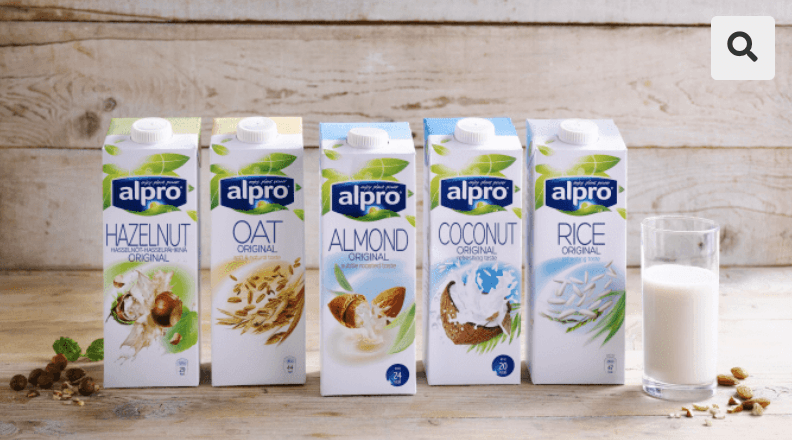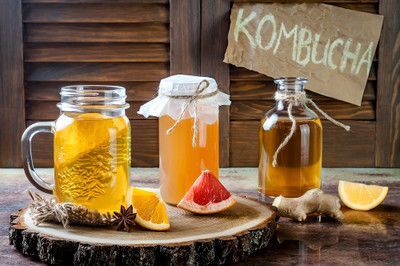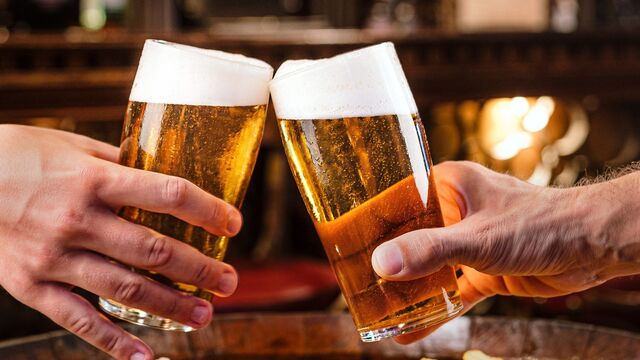LOVE Your Gut week is dedicated to bringing to light the vital role that our diets play in maintaining good gut health with regards to gut bacteria.
We usually think of bacteria as something harmful to our bodies, but not all bacteria is bad. We live in a close relationship with a whole host of good and friendly bacteria that are on us and inside us which are essential if we are to stay in good health. In this small article for gut health week, I will explain ‘pre and probiotics’ and how these are important to our dietary intakes.
Probiotics are friendly bacteria that provide a boost to our guts. They are important for our immune systems with growing evidence of them protecting against upper respiratory tract infections (URTIs). Gut bacteria helps with digestion and gut health and helps our bodies absorb vitamins B2, B3, B9, 12 and K. Our gut bacteria may influence a range of health conditions (obesity, diabetes, heart disease, bowel cancer, Alzheimer’s and depression) but more studies are needed in this area, Nonetheless, it’s very interesting.
Probiotics should be used every day in your daily diet. Probiotics are found in fermented milk drinks like Danone Actimel, Yakult and Greek Fage yoghurt with plant-based alternatives including Alpro and coconut collaborative yoghurts as well as Biomel.
Prebiotic fibres help probiotic bacteria survive in our bodies. These types of fibre are found in foods like apricot, banana, watermelon, dried mango, dates, almonds, cashews, hazelnuts and pistachios, to name a few. All fibres aren’t created equally and these prebiotic fibre foods should be combined with the probiotic foods described previously. One example could be an Actimel drink with a banana.
When taking a course of antibiotics to fight off bacterial infections these can cause major changes to our gut bacteria which sometimes results in diarrhoea and superbugs. Taking probiotics at the same time as antibiotics can reduce the likelihood of this. Travellers’ diarrhoea can be reduced too with a probiotic as can constipation and potentially some IBS symptoms, of which constipation is one.
Lee McCusker (BA; MSc; MSc; MSc; ANutr; SENr) is a registered nutritionist from Belfast and can be found on Facebook, Instagram and Twitter.
Email: attentivenutrition @gmail.com








